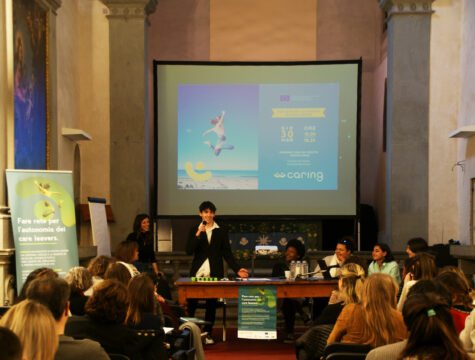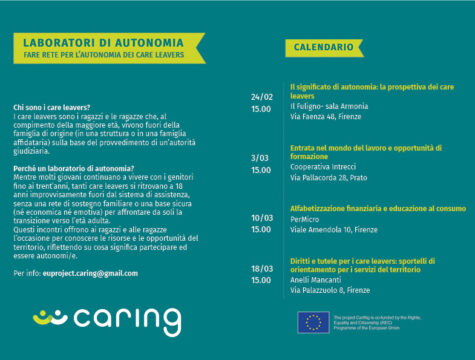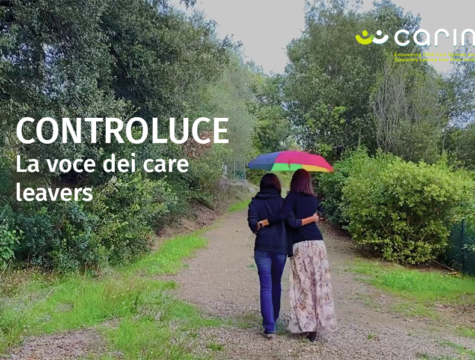Although the family is the best place to ensure the positive development of children, it is recognised that there may be some cases in which the care of minors must be entrusted to out-of-family care settings. Care leavers are therefore all those young people coming out of heterofamily care, regardless of whether or not they return to their family of origin. The moment of leaving care is, however, a very delicate one both for those in care and for the professionals accompanying them. SOS Children’s Villages – a partner in the CarINg project – has developed a Training Curriculum with the aim of providing professionals with the necessary skills to accompany children towards autonomy.
Italian law aims to ensure that the experience of heterofamily placement is aimed at the recovery of positive ties and the reintegration of the child into his or her family of origin as soon as possible, once the problems of temporary unfitness have been resolved. Unfortunately, in many cases, the recovery of ties with the family of origin does not take place and the young people – who are now of age – have to deal with the end of their care by the guardianship services. While young people in foster care tend to remain in the foster family, those who have been placed in the Community are asked to leave the care context to start an independent life.
If growing up is difficult for everyone; it is even more so for boys and girls placed outside their family of origin. In addition to a complex family background and the absence of a social network, they have to deal with environmental difficulties on a large scale, such as high rent costs and the difficulty of finding a job. These problems are even greater for Unaccompanied Foreign Minors (MSNA) for whom the difficulties of being a care leaver are added to the problems arising from the absence of citizenship.
Every year there are about 3,000 care leavers who leave reception contexts, of which just under half come out of a family foster care (REF ). The latest report of the Ministry of Labour and Social Policies revealed (net of MSNAs) the presence on the national territory of 27,608 minors placed out of their families, of which 13,555 in family foster care.
The ‘Preparation for autonomy’ training course stems from these needs. It offers a list of tools, methodologies, contents and bibliographical references to help professionals and operators working for the protection of minors to tackle some of these issues together with the children, to prepare them for when they leave foster care and to provide them with the tools to experience a transition towards autonomy as positively as possible.
The training approach is based on 4 fundamental principles: establishing lasting relationships with the care leaver based on care and respect; high levels of participation; promotion and protection of all human rights of children and young people; and the need for an intersectional approach.
The training curriculum is divided into 5 Modules:
- Module 1: Exiting the Italian context
Module 2: Building Exit Pathways
Module 3; Tools and practical aspects of leaving care
Module 4 Voices, practices and tools in the transition to independent living
Module 5 The importance of networking
For information on how to use the Training Curriculum contact: Teresa Pietravalle. The Training Manual is available in the Repository section.



